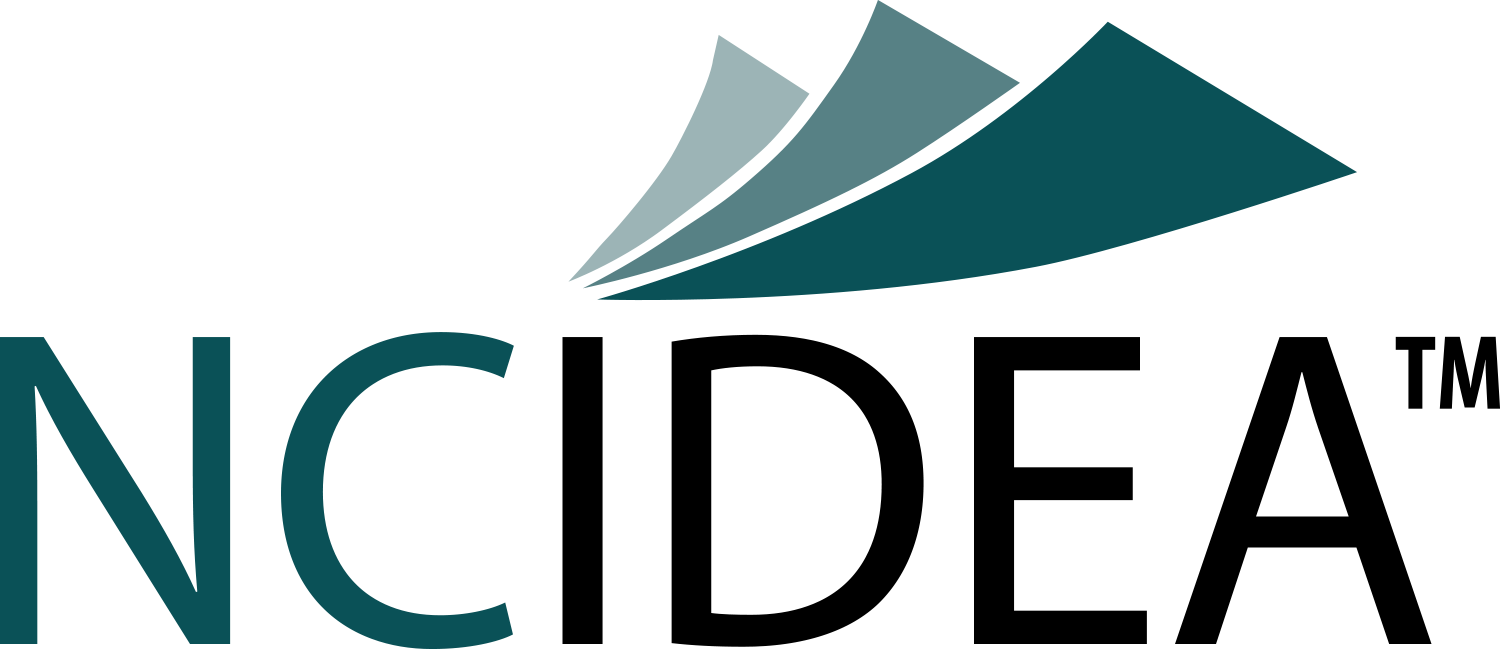Q&A with Malobi Achike Esq.
CEO and Founder of DEI Directive
This month, we sat down with Malobi Achike, to gain her perspective on the ongoing discourse surrounding Diversity, Equity, and Inclusion (DEI). Her company, DEI Directive provides an Inclusion Intelligence Platform that transforms how Human Resource and DEI professionals operate by providing real-time access to inclusive data, thereby eliminating guesswork. DEI Directive is a 2022 NC IDEA MICRO and 2023 NC IDEA SEED Grant Recipient.
Published February 2024
 Tell me a little bit about yourself and your work.
Tell me a little bit about yourself and your work.
My name is Malobi Achike, and I am the Founder and CEO of DEI Directive, a Charlotte-based technology company empowering organizations with actionable data so they can successfully advance Diversity, Equity, and Inclusion (DEI). We specialize in providing real-time data solutions that empower our clients to make informed decisions, leading to sustainable, long-term impact. As an attorney and experienced corporate leader, I am passionate about ushering in organizational changes that drive belongingness and allow employees to thrive so they can reach their full potential. I have spent almost two decades working in corporate, private practice (law firm), and startup spaces, with a great deal of experience in the American, African, and Asian markets.
What are your thoughts on the current discourse surrounding Diversity, Equity, and Inclusion (DEI)?
We can’t address the DEI discourse today without talking about the recent Supreme Court ruling on affirmative action. In the immediate aftermath of that decision, we saw some people hastily conclude that the decision completely erased DEI in the workplace – this is simply not the case. Yes, the decision has forced a lot of conversation around DEI and created even some chaos. And there continues to be some coordinated efforts to undermine DEI since the decision (think Fearless Fund, the SFFA letter to Fortune 100 CEOs, and the numerous filings targeting law firms over their DEI hiring programs).
It has been concerning to see some of these things play out, but ultimately, one cannot forget that at the end of the day even though we are a divided country, we are not a lawless one and there are a slate of legislation in place prohibiting discrimination against workers in the workplace (Title VII of the Civil Rights Act, Americans with Disabilities Act, Age Discrimination in Employment Act, among others). So, organizations have the legal imperative to continue fostering a work environment that is diverse, inclusive, and equitable.
What are some common misconceptions surrounding DEI?
Many arguments against DEI operate on the false premise that organizations simply fill open positions with individuals from underrepresented groups, regardless of their qualifications. This is not reflective of how hiring managers actually make decisions. For example, if my company (DEI Directive) were recruiting for a marketing professional, I wouldn’t offer the role to someone without marketing experience or at least the potential to be able to successfully execute the duties of that position. In reality, what happens is that DEI-conscious organizations are taking a more proactive approach by broadening their recruitment strategies beyond traditional networks, which often entail outreach to a largely homogenous prospective group. So these organizations would evaluate what typically happens when a position is open and ask themselves: “Where do we advertise open positions? Who is talking or sharing about these positions, and who are they sharing that information with? What types of language are we using in our job postings, and how inclusive are they?”
For most organizations, if they audit this process, they will most likely find that there is a lot of room to improve the process to be more inclusive not only in the language used but also in the communities that this information is shared with. It is this inclusive step that then creates the scenario where you have job applicants from a wider spectrum of the community and ultimately results in the increase in hiring underrepresented groups (not because they were just slotted into those positions without the requisite experience but because they were included and actually given the opportunity to participate). This is what DEI is, and this is also what a true meritocracy looks like. The objective is straightforward: to ensure that a wider range of individuals are included in the conversation and considered for roles.
Why should a workplace embrace DEI initiatives?
The benefits of embracing DEI in your workplace are abundant. Countless studies demonstrate that organizations with diverse representation across ethnicities, genders, socioeconomic backgrounds, disability statuses, and LGBTQ+ identities are inherently more innovative. This stems from the simple fact that different perspectives foster diverse thinking. A workforce that encompasses a variety of viewpoints leads to more discussions and continuous challenging of ideas. Embracing DEI cultivates an environment where the most effective and fruitful ideas rise to the top.
DEI-conscious organizations also tend to enjoy higher levels of employee engagement and productivity. When employees feel valued and included, they are more likely to be actively engaged in their work. Consequently, this translates into fewer retention issues, improved financial performance, and overall better workplace morale. The conversation surrounding DEI goes beyond morality; it presents a compelling business case. For organizations aiming to attract top-tier talent, maintain competitiveness, and expand their market share, embracing DEI is not just beneficial—it’s essential. By fostering an inclusive environment, organizations can position themselves for long-term success and sustainable growth.


